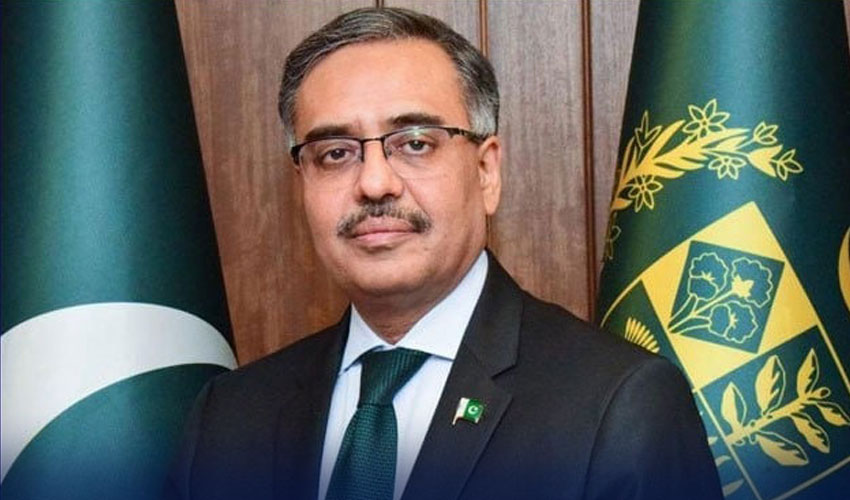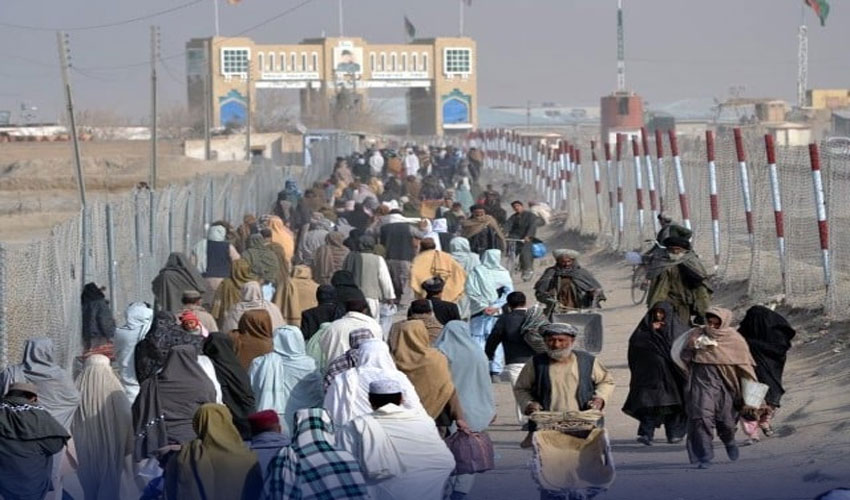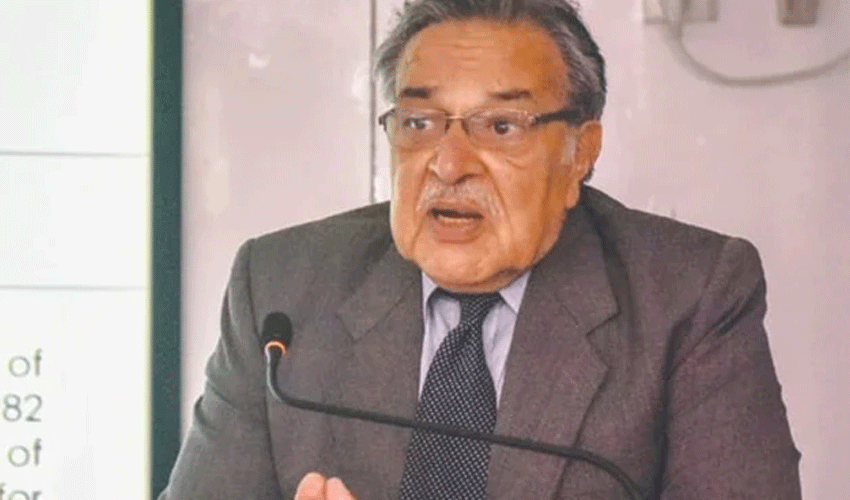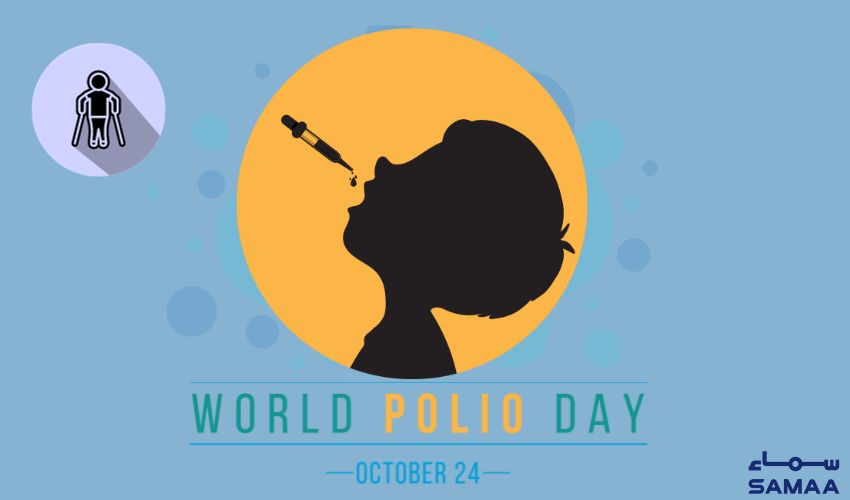Former foreign secretary Sohail Mahmood's recorded statement in the ongoing cipher case against former prime minister Imran Khan has surfaced, offering key insights into the government's internal deliberations surrounding the controversial diplomatic cable at the heart of the matter.
Recorded before the Official Secrets Act special court on January 22, the statement reveals that on April 8, 2022, Mahmood was asked to share his perspective on the cipher telegram during a cabinet meeting called to discuss the issue of "classification of cipher telegram". He said he briefed the meeting on the declassification of the cipher telegram and cipher security guidelines, as well as the legal position and foreign policy implications.
He emphasized the sensitive nature of such communications, highlighting that existing guidelines restrict their circulation to authorized personnel only. Mahmood further pointed out the unprecedented nature of declassifying a cipher telegram, which had not happened before. He also stressed that neither the declassification of ciphers was possible nor could it be allowed. He also told the cabinet that there was no precedent for such a move in the past.
He said he raised concerns about the potential repercussions of the declassification for diplomatic missions and international relations, particularly with the United States and other countries as well as financial institutions.
The former foreign secretary said he kept advising the then PTI cabinet to be careful about the cipher. In his statement, he said he advised the former prime minister to continue the dialogue with the US and to avoid public bitterness.
On March 8, 2022, there was a telephonic call with the Pakistani ambassador in Washington, who informed them about the sensitivity of the matter. The ambassador said he has sent a cipher telegram to the Ministry of Foreign Affairs regarding this conversation with the US secretary of state for South and Central Asia.
Mahmood said he went to his office and received a copy of the cipher telegram and categorized it as non-circulation and only for the foreign secretary.
Also Read: Ex-FS Mahmood says cipher copy not returned to Foreign Ministry till his retirement
On March 27, 2022, he said, the then prime minister Imran Khan waved a letter in a public gathering. “On March 28, I received an internal note from the additional secretary of the United States,” Mahmood noted.
The note stated that the American authorities had expressed concern over the public statement of the former PM. “I sent this note to the then foreign minister, suggesting that it would be prudent to stay connected with America,” he added.
The former diplomat said the purpose of the consultation was to protect Pakistan's relations with an important country and to avoid public discussion of secret communications.
“On March 29, 2022, I was called to Bani Gala for a meeting that was not pre-scheduled and called on short notice,” Mahmood recalled, adding that apart from the former prime minister, former foreign minister Shah Mahmood Qureshi and Azam Khan were also present in this meeting.
The former FS recalled being asked to read the cipher, during which the participants commented on the conversation between the US assistant secretary of state and the Pakistani ambassador.
He said he was not asked to prepare the minutes of this meeting.
Based on these considerations, the cabinet opted for an in-camera briefing in parliament, focusing on the cipher's validity and key points without compromising its classified nature. Interestingly, Mahmood also confirmed that the original copy of the cipher remained unrecovered from the Prime Minister's Office (PMO) even after his retirement in September 2022.
This revelation adds another layer of complexity to the ongoing saga, which centers around former prime minister Imran Khan's public disclosure of the cipher and his subsequent accusations of a foreign conspiracy to topple his government. Mahmood's statement adds weight to concerns about the potential mishandling of sensitive diplomatic information and its potential consequences.



























